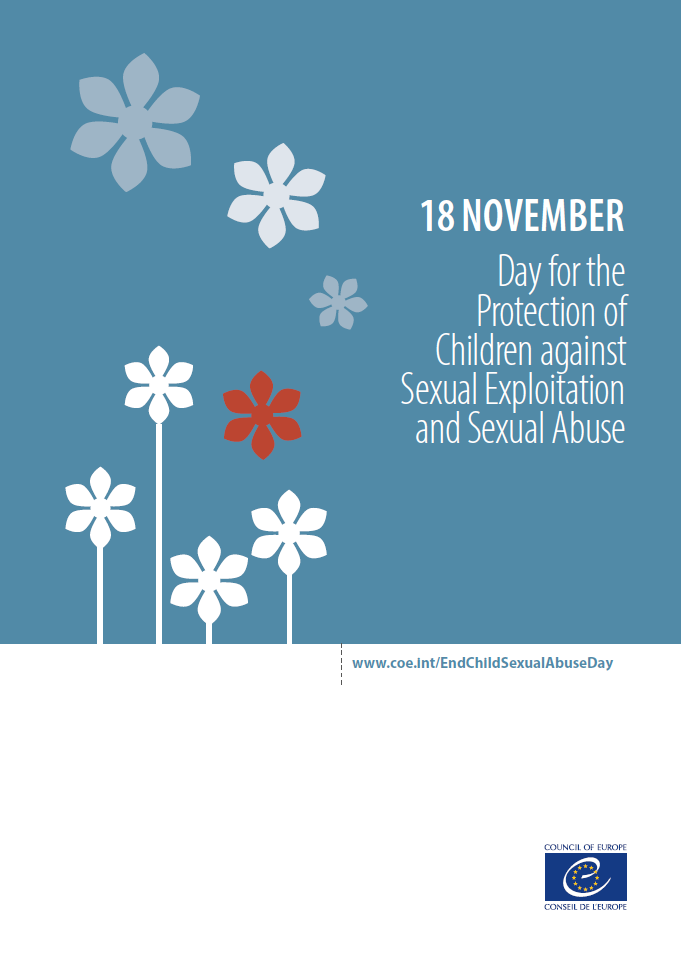"As far back as the early 1980s, the European Court of Human Rights deemed it essential to protect minors with regard to sexual abuse. It considered that this concerned essential aspects of private life and that only criminal legislation could guarantee the effective prevention needed in this area. In the cases it has decided since, the Court has insisted on the need to offer minors effective and appropriate remedies. Very often the victims of sexual abuse offer no resistance, for psychological reasons or out of fear of further violence. The Court believes that States have an obligation, under Articles 3 and 8 of the Convention, to ensure that an effective criminal investigation is conducted in cases of sexual violence towards children.
Everyone remembers the famous case of O’Keeffe vs. Ireland. It concerned the Irish State’s responsibility for the sexual abuse of a pupil in an Irish primary school. The protection of children against ill-treatment constitutes a core obligation intrinsic to a State’s duties, particularly with regard to primary education. Yet, this obligation was not fulfilled by the Irish State. Problems of this kind can be found in many Council of Europe member States and we have developed a considerable body of case law, which often leads to a finding that the competent authorities failed to exhaust all the possibilities available to them for establishing the circumstances in which such acts took place, or to take into consideration the special vulnerability of victims, particularly when sexual abuse occurs within the family.
However, the Court cannot do everything and it intervenes only at the end of a judicial process that is long and often painful for the minors concerned. At the same time, it is evident that violence inflicted on children is a violation of human rights, as stated in Article 19 of the United Nations Convention for the Rights of the Child.
Through the criminalisation of all types of sexual offences against children, the Council of Europe Convention on the Protection of Children against Sexual Exploitation and Sexual Abuse, also known as the “Lanzarote Convention”, represents a major step forward.
That is why it is important for this convention to be signed and ratified by as many Council of Europe member States as possible. I also think it is essential to raise public awareness of the exploitation and sexual abuse of children, as well as the need to prevent such acts.
These are the objectives pursued by the European Day on the Protection of Children against Sexual Exploitation and Sexual Abuse and I fervently support this initiative."
Guido Raimondi
President of the European Court of Human Rights





